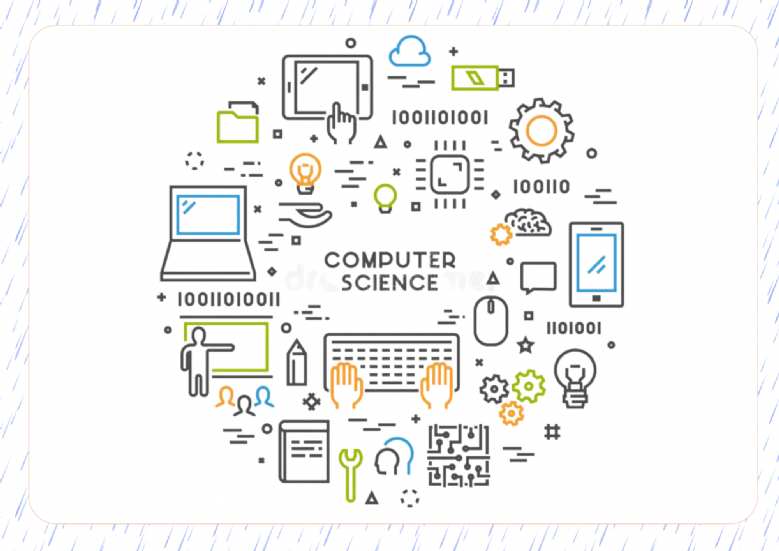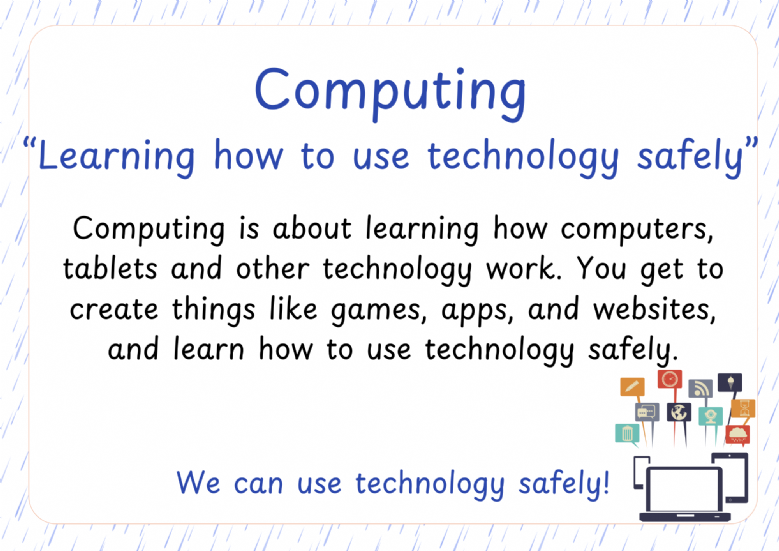Computing
At The Milford Academy, we believe that it is our responsibility to deliver a computing curriculum which informs our pupils of powerful knowledge and essential skills to enable them to become responsible digital citizens and innovative problem-solvers. We recognise the critical role that computing knowledge and skills play in our current society and how this will only develop and become more prevalent in years to come. Our progressive curriculum is designed for pupils to gain a foundational understanding of computing principles, including programming, data management and internet safety guidance. Our software and resources encourage creativity, problem-solving and transferable skills ready for secondary and workplace technologies. We believe that this empowers our pupils to become safe digital citizens who have the skills to navigate the digital world respectfully and safely. We pride ourselves on the cross-curriculum links and enhanced learning that computing brings to subjects such as mathematics and science.
Please have a look at the documents below that outline, in detail, the Computing curriculum our pupils experience.
Amy Grainger-Groves
Computing Lead


